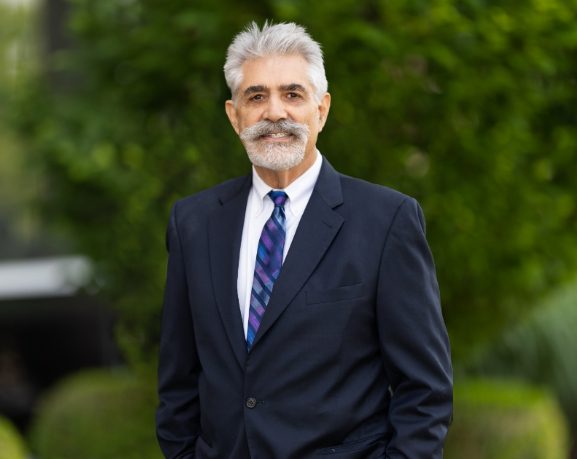Orthognathic surgery corrects and reshapes the jaw. Oral surgeons perform corrective jaw surgery, or orthognathic surgery, to treat a wide range of conditions that make it hard to chew, breathe, sleep or speak. Some patients choose orthognathic surgery to change the look of their face. Your dentist, oral maxillofacial surgeon and orthodontist may work together to decide if corrective jaw surgery is right for you.
corrects and reshapes the jaw. Oral surgeons perform corrective jaw surgery, or orthognathic surgery, to treat a wide range of conditions that make it hard to chew, breathe, sleep or speak. Some patients choose orthognathic surgery to change the look of their face. Your dentist, oral maxillofacial surgeon and orthodontist may work together to decide if corrective jaw surgery is right for you.
What Conditions Does Jaw Surgery Treat?
Some people are born with jaws that are not properly aligned. Other times, as people grow, bones shift out of alignment. Accidents like car wrecks and sports injuries can cause injuries that need specialized treatment.
Five percent of the U.S. population is estimated to have jaw deformities that can’t be corrected by braces. Here are some of the symptoms or conditions that may indicate a need for orthognathic surgery.
- Chronic jaw pain or headache (TMJ)
- Space between upper and lower teeth when mouth is closed, or lips that don’t meet
- Receding or protruding jaw
- Cleft lip or cleft palate
- Unbalanced facial appearance
- Chronic mouth breathing
- Sleep apnea or other breathing problems when sleeping
- Difficulty chewing or swallowing
- Facial injury
- Birth defects
Treatment Plans
Orthognathic surgery and follow-up treatment can be a lengthy process. It may help to think of it in the following stages.
Diagnosis and Planning – This stage lasts from one to four weeks. Your oral surgeon will conduct exams and tests and meet with other team members to develop the plan that’s right for you. Planning involves your oral surgery team, orthodontists and occasionally speech or language therapists. Experts take photographs of your jaw and use software to predict surgery results.
Surgery Preparation – The time frame for this stage depends on what you need done. Some patients need dental work to correct other dental health issues before they’re ready for surgery. Wisdom teeth are removed to reduce the risk of infection. You’ll meet with your surgeon to find out what to expect during and after surgery.
Surgery and Recovery – You’ll undergo surgery in a hospital or qualified medical facility. Medical staff will observe you while you recover from anesthesia. Most patients start a liquid diet.
Home Recovery – Rest at home as much as possible for the length of time recommended by your oral surgeon. Doctors will prescribe pain medication and antibiotics to help with healing and recovery. Start with a soft diet and gradually return to normal eating. Make sure you go to follow-up appointments as recommended by your surgeon. Continue routine dental care on a regular basis.
Contact us today to request an appointment and learn more.
The information and content on our website should not be used as a substitute for medical treatment or advice from your doctor.








